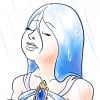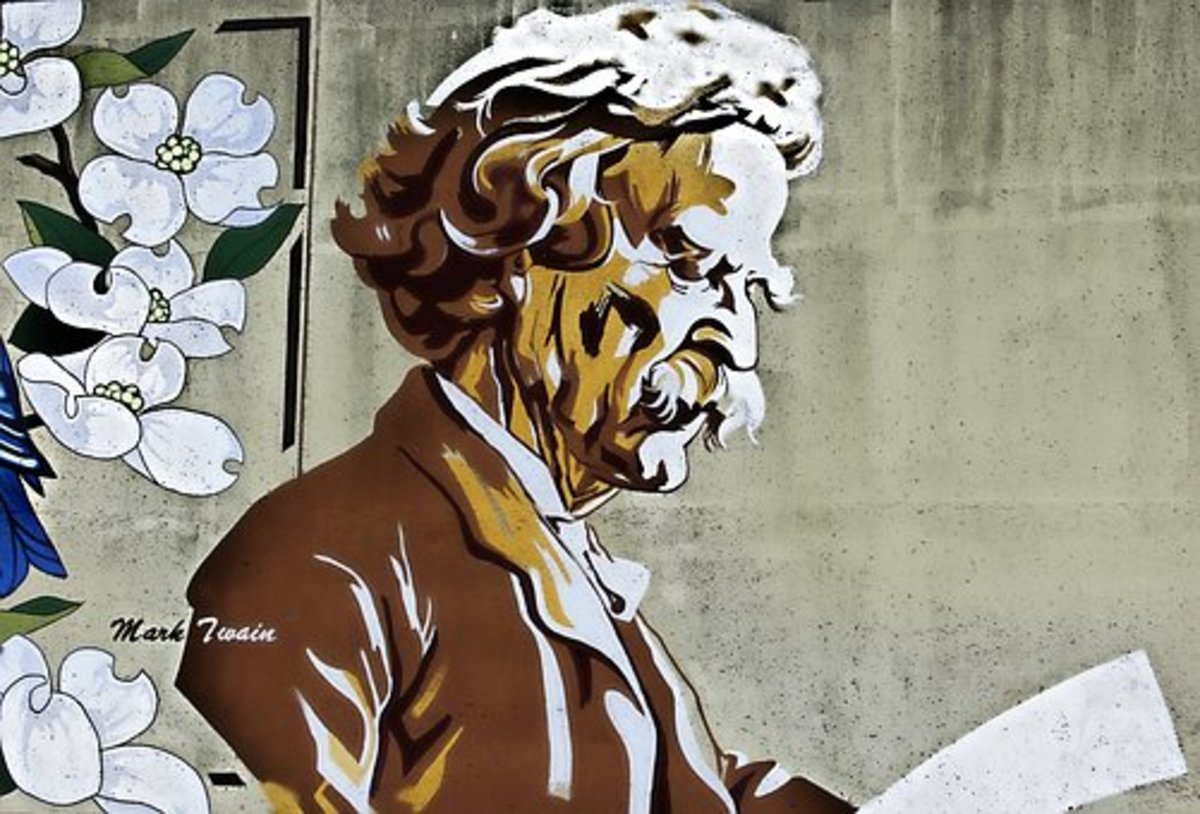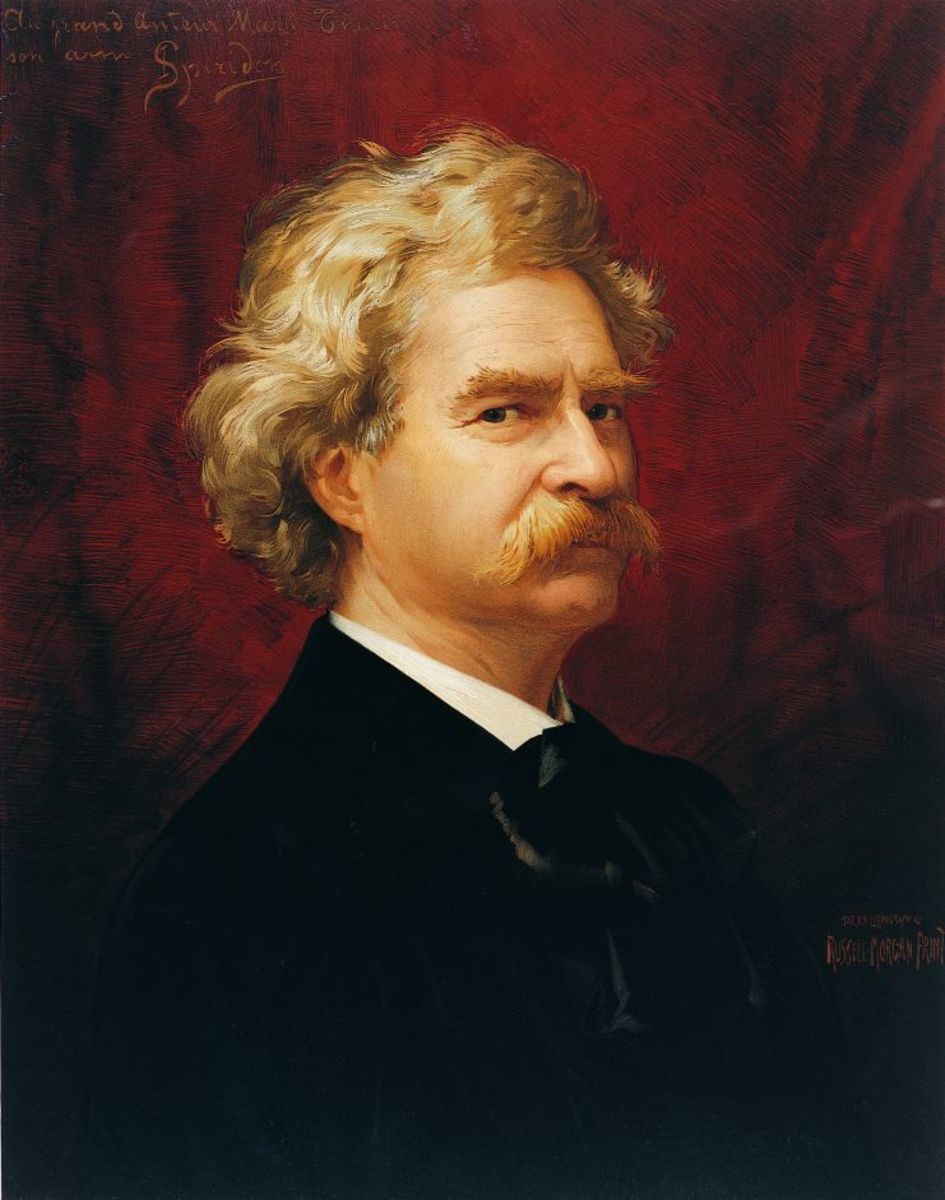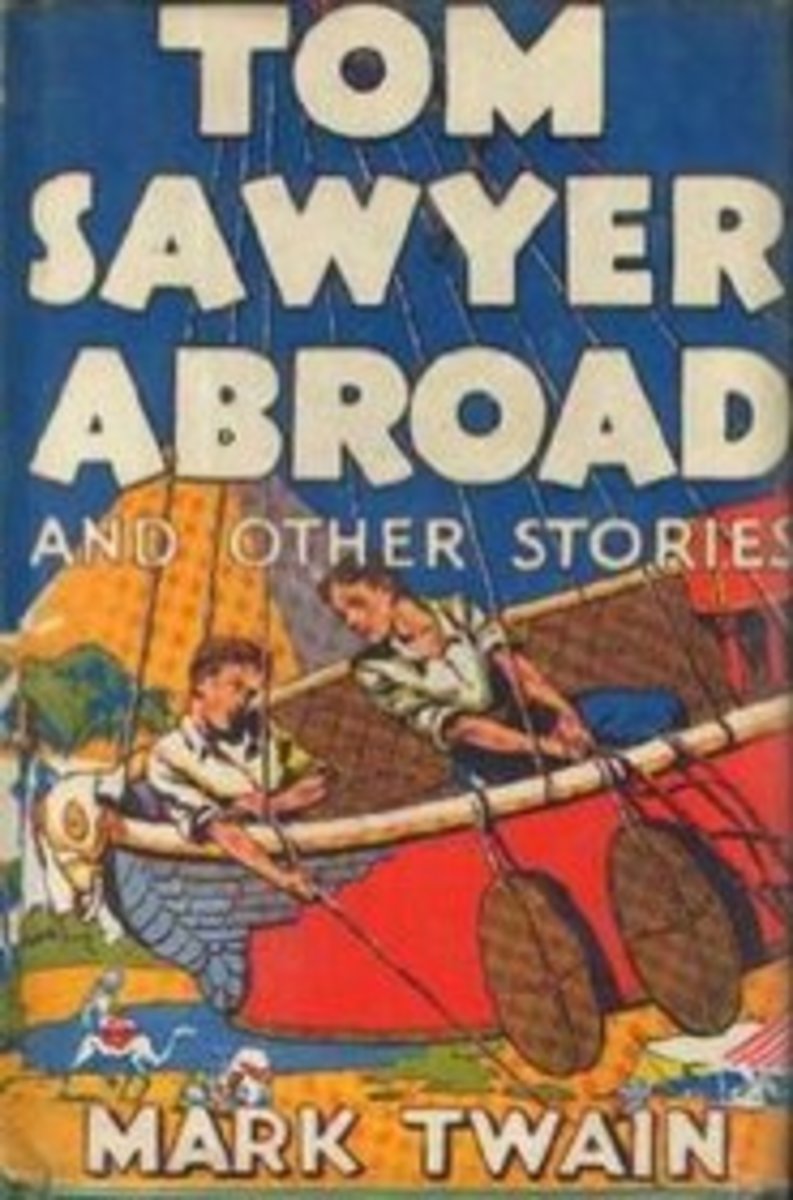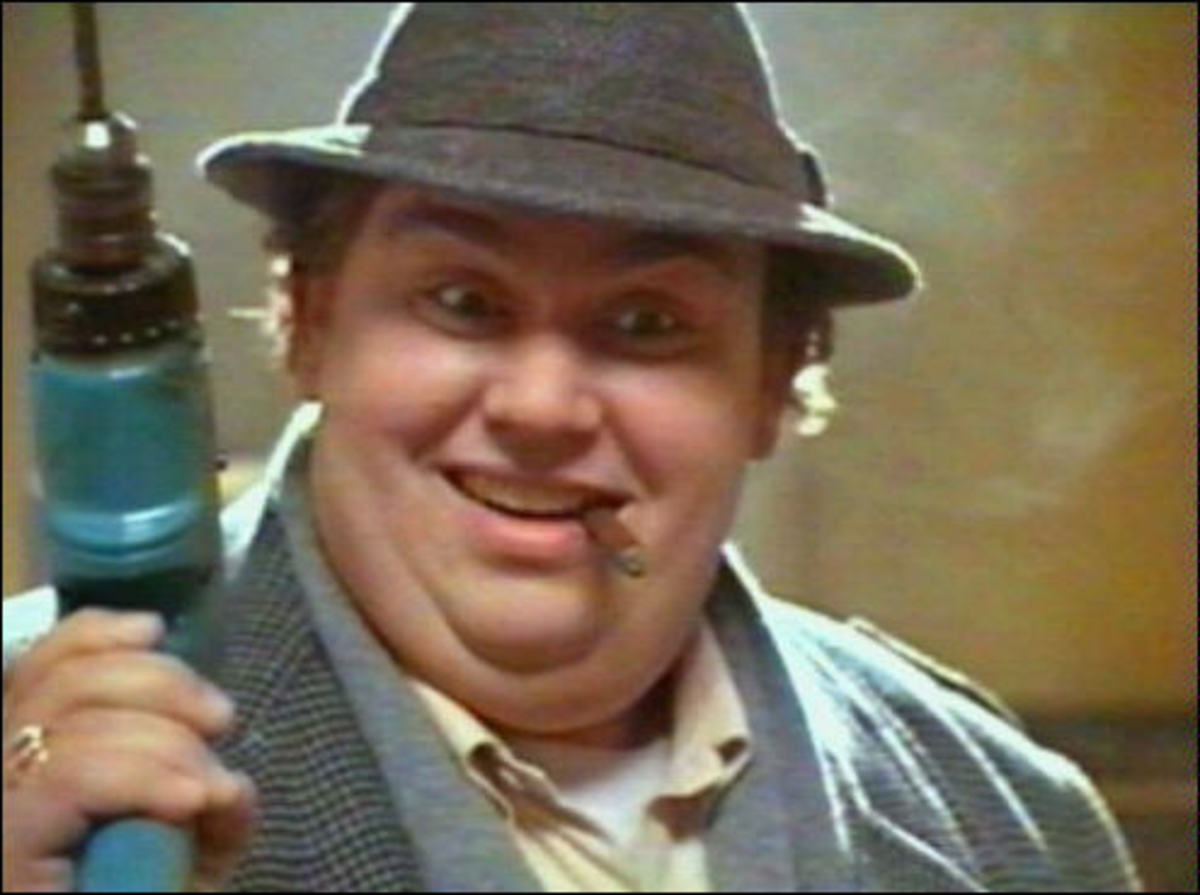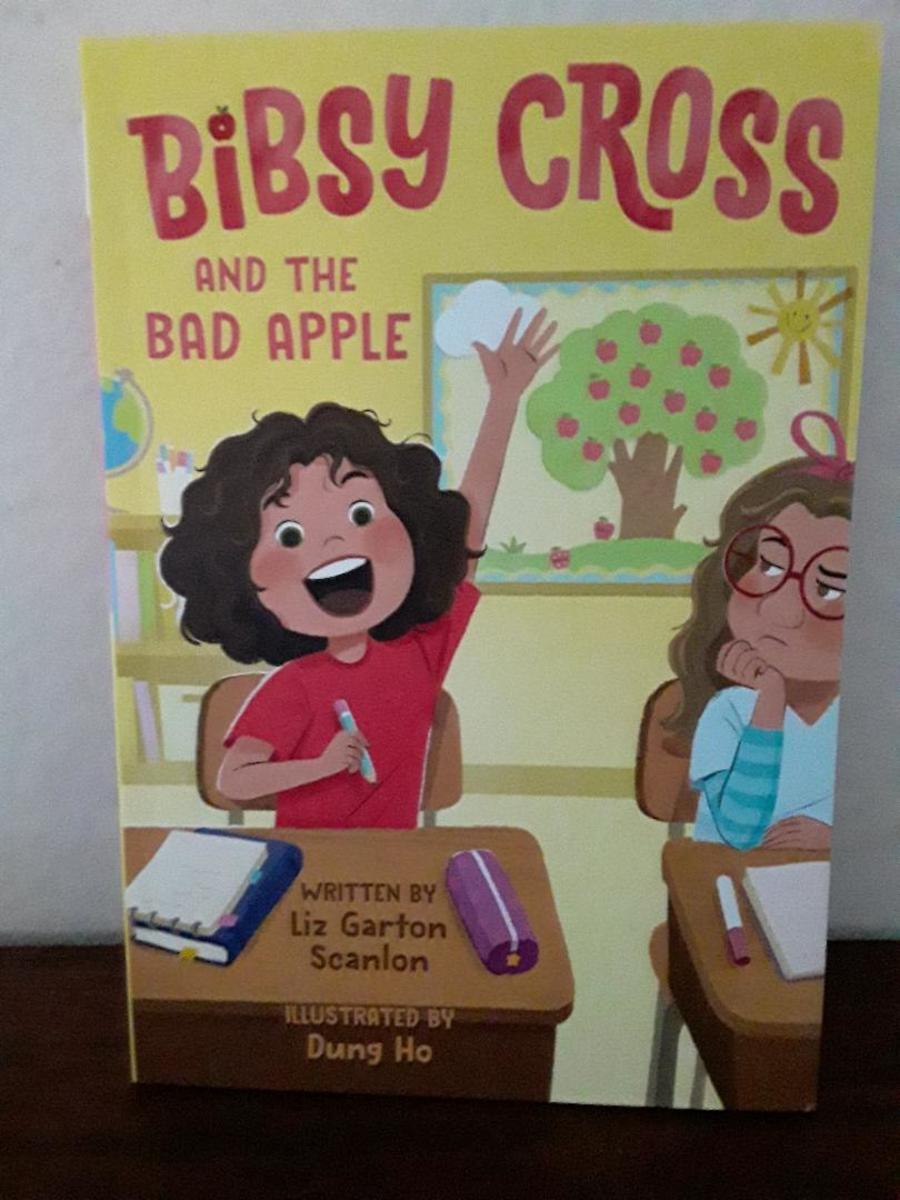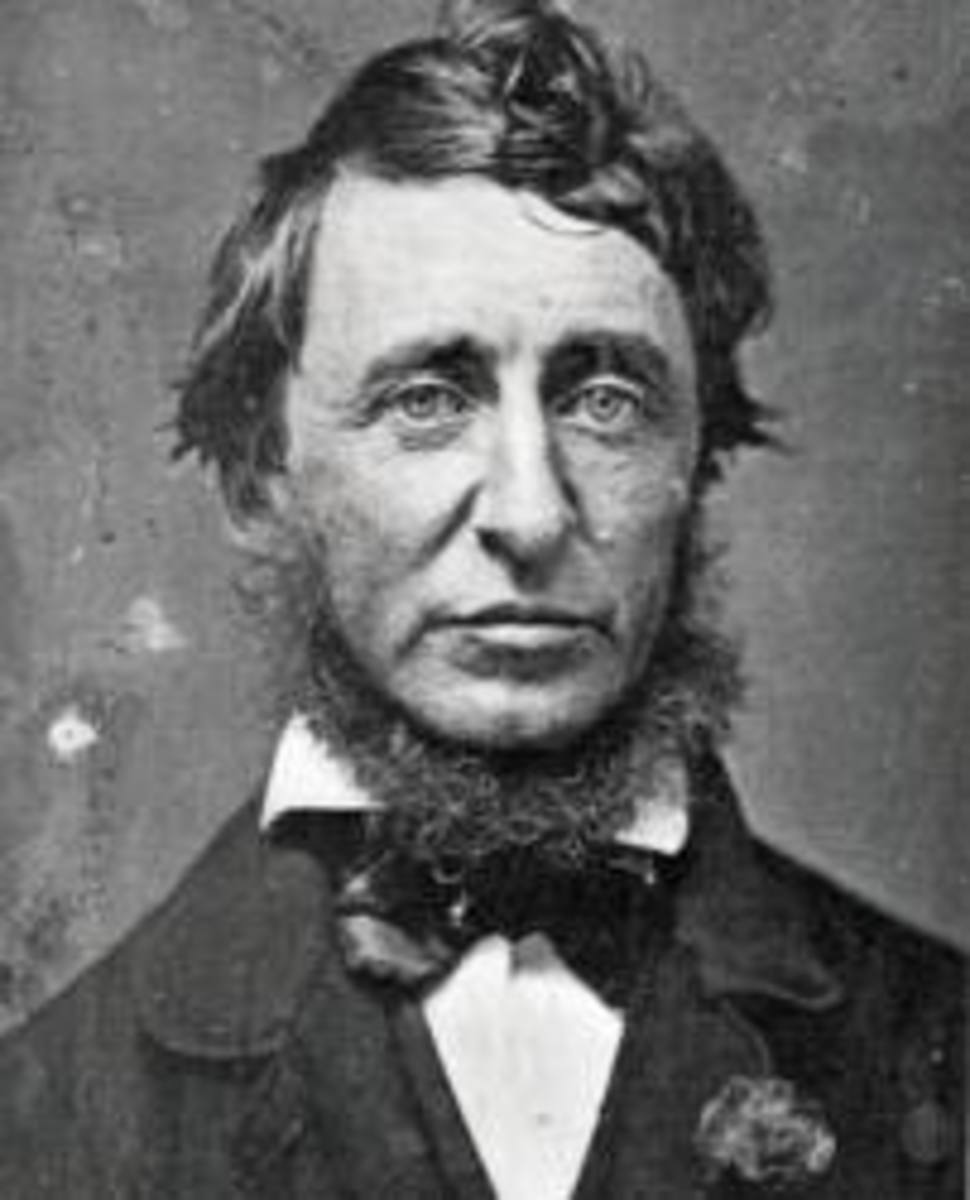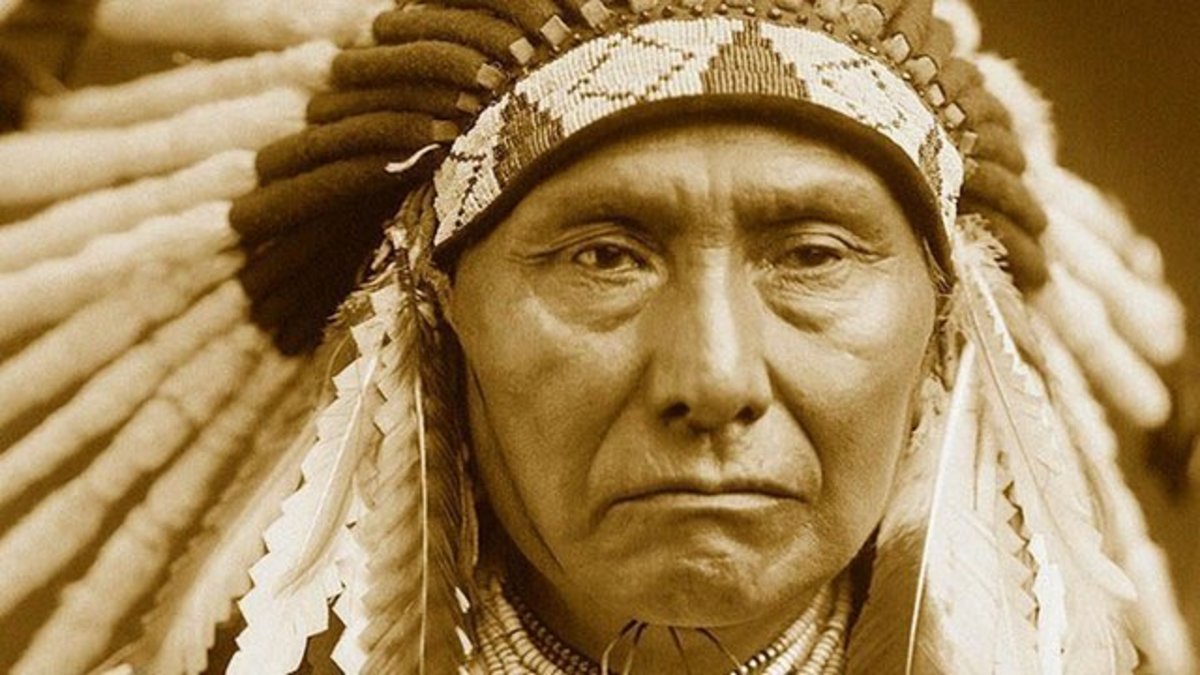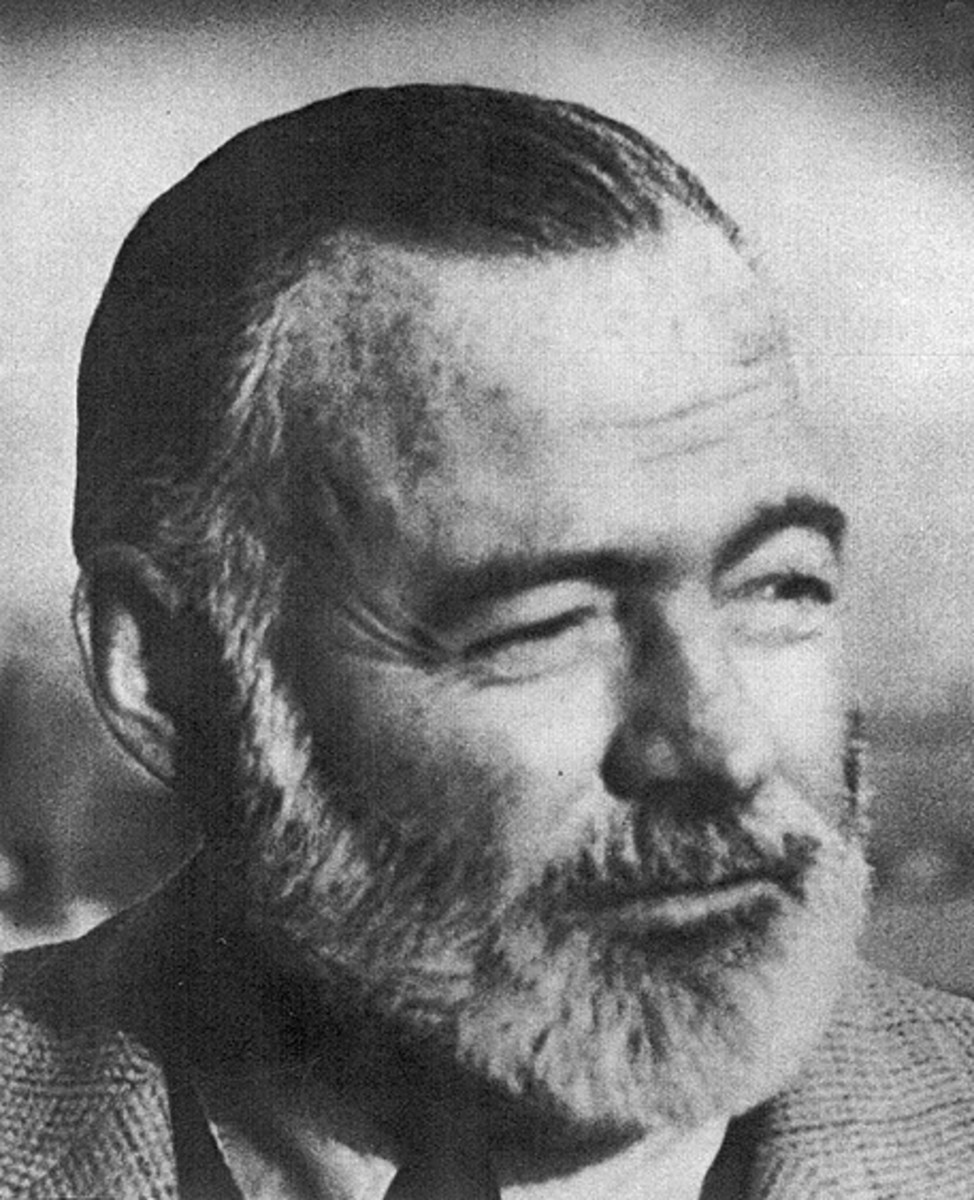- HubPages»
- Books, Literature, and Writing»
- Literature»
- American Literature
Who’s Fooling Who: Huck, Jim and the Civilized Folks
Mark Twain
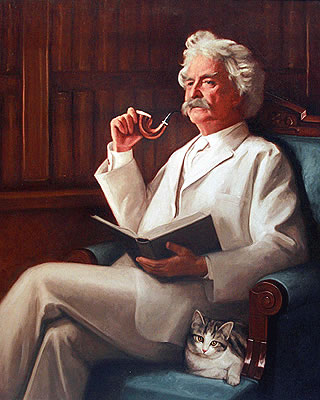
When viewing the realism of novels, William Dean Howell wrote, “The novel I take to be sincere and conscientious endeavor to picture life just as it is, to deal with character as we witness it in living people, and to record the incidents that grow out of character” (553). Mark Twain included in The Adventures of Huckleberry Finn things he was witness to in his life, such as slavery and the acquittal of a known murderer. He uses the character of Huck to express his feelings in regards to these incidents. In this novel we are shown that things believed to validate certain people are civilized-religion, nice clothes and being educated-are just facades to hide their true nature. This, in turn, emphasizes the true humanity we see from uncivilized characters, Huck and Jim.
In Chapter XXI, we are introduced to Boggs who, from what Huck is told, is the town drunk. He rides to the biggest store in town, owned by Colonel Sherburn. He is doing this because, in his inebriated state, he is accusing Sherburn of ripping him off. Colonel Sherburn comes out of the store “a heap the best dressed man in town” (Twain 191) and warns Boggs, “”I’ll endure it till one o’clock…no longer’” (191). Despite all of the townsfolk’s best efforts to get Boggs quiet and to his home with the help of his daughter, the Colonel comes out to the street pistol in hand. Though Boggs begs for his life, Sherburn shoots him twice, “tossed his pistol onto the ground, and turned on his heels and walked off” (192).
Here is a man who is of military rank as an officer, owner of a business and very well off. Boggs is a simple townsman, and a drunkard. Everybody knows that he was full of hot air, and did not mean anything he said while intoxicated. Colonel Sherburn’s reputation was in no danger of being tarnished in any way by this man. He could have just let him yell until he was tired, go home, sleep it off and then see Boggs yell at someone else the next night. Yet, he shoots him in cold blood nonetheless. He knows he’ll get away with it because he taunts the lynch mob by calling them “coward” and explaining, “Why don’t your juries hang murderers? Because they’re afraid the man’s friends will shoot them in the back…So they always acquit” (Twain 194).
In Chapter XVIII, we are introduced to Colonel Grangerford, who Huck describes as “a gentleman all over; and so was his family” (Twain 169). In the previous chapter, they have taken Huck in and shown him much courtesy. He forms a bond with the young Buck Grangerford, who is about his age. Huck sees the ongoing feud with the Shepherdsons first hand when Buck shots at Harney when he was riding in their vicinity. When Huck questions Buck as to why he wanted to kill him, Buck sites the feud, and that it’s been going on for “thirty years” and there are not many left who know who started what, and that it will end with one family wiping out the other (171). When Sophie Grangerford runs off with Harney later that night in a case of star-crossed love, it leads to a shootout that leaves many of the menfolk, including Buck, dead (175).

Throughout the book, the reader is exposed to effects of the good, civilized town folk are using religion as excuse to keep and deny freedom to slaves by the influence it has over Huck. In Chapter XVI, Huck begins to wonder whether or not he is doing the right thing getting Jim to Cairo and freedom. He thinks “he was most free-and who was to blame for it...I couldn’t get that out of my conscious” (Twain 158). We see that these thoughts of possession are driven by the lessons he was taught by Miss Watson with his at the Widow Douglas’ in Chapter III. In Chapter XXXI, when Jim is sold to Phelps, Huck starts to question the stain of sin on his soul for helping him to this point. He remembers the lessons of Providence he learned, and it was “slapping him in the face” and he was facing “the Sunday school, you could have gone to it; and if you’d done it they’d a learnt you…acts as I’d been acting about the nigger goes to everlasting fire” (233).
There is much of the behaviors Huck is exposed to that he lacks understanding as to how people can claim to be so moral, then act as they do. Philosophy Professor Anders Schinkel explains that as, “Huck’s response to the situation is not only a moral response, but also one issuing from conscience. As such, Huck embodies the ultimate possibility of conscience: to transcend the often-narrow limits of conventional morality” (514). That which was considered moral at the time formed the rules, which in turn formed the rules for the civil people. We see this in all those that he encounters in the novel. We see as well that Huck’s lack of upbringing amongst the civilized rules allows him to decide what is right by what he feels in his heart and gut.
Miss Watson uses what she was taught in the church of The Bible, abide in a twisted interpretation, to justify her ownership of slaves. Huck is convinced from these teachings that helping Jim is in fact the sin of theft, and he is damning his soul for doing so. At first he considers having Jim retuned to Miss Watson, but he begins to look back at his time on the river with him. He is able to see Jim as most of the adults in story can’t: as a person and a piece of property. After Huck’s crisis of conscious, he decides “I’ll go to hell” and save Jim (Twain 234).
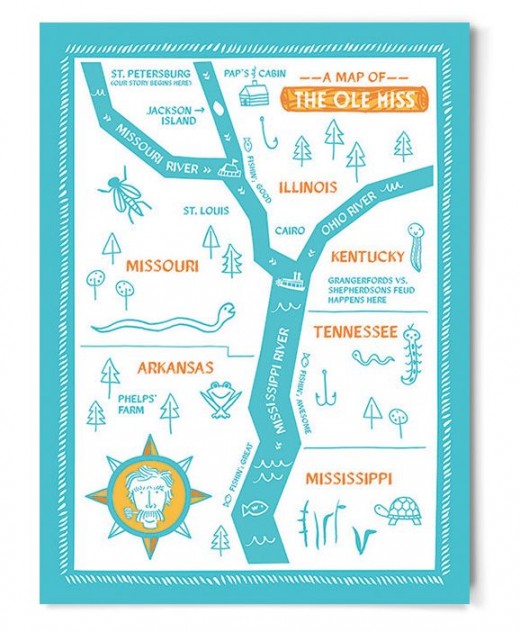
The Grangerfords and Shepherdsons have been feuding so long, it is what every member of both families is taught from the moment they can hold a firearm; they are at war with each other, and that is just how it is. Huck has no concept of feuding, and it rightfully baffles him as to why anyone would want to engage in one. While witness to the shootout, their cries to kill “made me so sick I most fell out of the tree…I cried a little when covering up Buck’s face” and cites that thinking back to it still evokes the same feelings (Twain 175).
Colonel Sherburn’s killing of Boggs is seen as unjust by not just Huck, but many of the townspeople. Even the Colonel himself knows he was very much in the wrong. Yet what Huck decides to show the readers is that even with the laws of men in place to deal with this type of criminal act, those laws are only as good at the conviction of the people to see if they are upheld. The written laws against murder will, in this place and time, always be trumped by the unwritten rules of revenge by the convict’s kin and friends. Sherburn knows that this, along with his social standing, will keep him from the hangman’s noose. Huck does not need to go into much more than just the facts in his account; the facts speak for themselves of the breakdown of man’s attempt to carry out laws of basic goodness. One could argue he’s probably becoming numb to the civilized man’s bloodlust, as this event occurs after the Grangerford-Shepherdson feud time wise.
It is the old writer’s axiom to “write what you know,” whether it is a nonfiction tale, something based on a true story or a story of complete fiction. Mark Twain used what he had seen and experienced in his time, and used the characters in The Adventures of Huckleberry Finn to show us these things through the eyes of a young boy growing up in the backwoods with limited exposer to the ways of city life. Using this vantage point, he could show people in the unfiltered eyes of his narrator these things in from another point of view, from “outside the box” if you will. In this, he shows his readers the realities of what these moral leanings of his times were truly; they were excuses to allow themselves to behave in a most uncivilized manner. This method is not new. Authors have used monsters, aliens, supernatural creatures and gothic devices to make us reexamine out perception of humanity. Twain uses an innocent, abide mischievous boy.
The Adventures of Huckleberry Finn is at once considered a masterpiece of American Literature, and one of the most banded books of modern times. This is due to Mark Twain writing about the hard truths of the times leading up to the Civil War in a most realist way. Experiences in his lifetime such as his father’s time as a Justice of the Piece and his travels across the country are used in this tale to teach hard lessons. The Grangerfords, Shepherdsons, Miss Watson and Colonel Sherburn were from proper society and claimed to take the higher ground. It takes the uneducated, non-religious, unkempt Jim and Huck to show us what true morality and humanity is, as well as how uncivilized civilization could become.
Works Cited
Howells, William Dean. “From Novel-Writing and Novel Reading: An Impersonal Explaination” The Norton Anthology of American Literature: 2. Ed. Baym, Nina. New York.: Norton, 2013. 551-553. Print.
Schinkel, Anders. "Huck Finn, Moral Language And Moral Education." Journal Of Philosophy Of Education 45.3 (2011): 511-525. Academic Search Premier. Web. 6 Sept. 2014.
Twain, Mark. “The Adventures of Huckleberry Finn” The Norton Anthology of American Literature: 2. Ed. Baym, Nina. New York.: Norton, 2013. 105-281. Print.
© 2017 Kristen Willms
